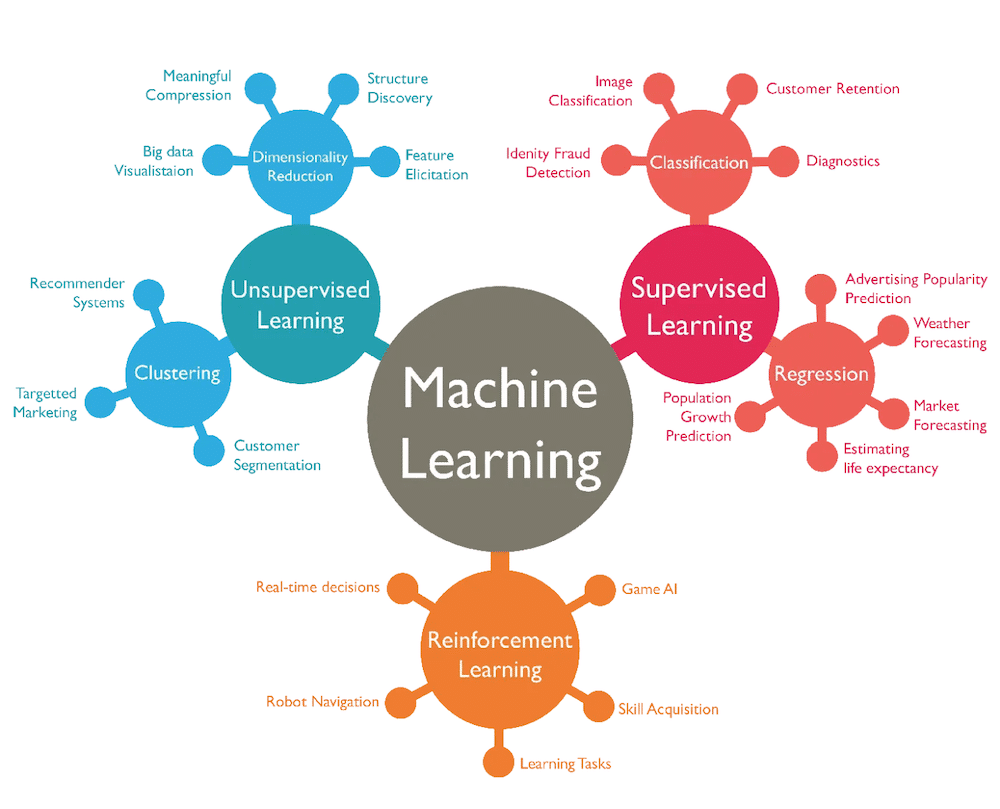Machine learning (ML) has revolutionised the way we interact with technology. From personalised product selection content for email marketing to streaming media content, ML algorithms are powering many of the applications we use every day. However, as machine learning becomes more pervasive, it’s important to understand the advanced topics and techniques that drive these algorithms.

Unleashing the power of neural networks in machine learning
One of the most powerful techniques in machine learning is deep learning, which is based on neural networks. Neural networks are designed to mimic the structure and function of the human brain, with layers of interconnected nodes that process and analyse data. Deep learning involves training neural networks with massive amounts of data, allowing them to learn complex patterns and relationships.
One example of deep learning in action is image recognition. By training a neural network on a large dataset of images, the network can learn to identify objects and features within images. This technology is used in a wide range of applications, from self-driving cars to medical imaging. This becomes an important element of cognitive dissonance within product selection offerings, with the potential to nurture infinite product sales by stimulating the individual consumer with what is most relevant to them and their product choices.
Natural Language Processing (NLP)
Natural language processing (NLP), can help gain a deeper understanding of your customers. This can reveal valuable insights about their needs, preferences, and behaviours, which can be used to create more targeted and personalised marketing messages. For instance, a business can use NLP to analyse the process to arrive at a purchase decision on your website. This can reveal common themes and trends, such as what customers like or dislike about the business’s products or services, which can be used to inform future marketing messages.
NLP can also be used to personalise customer interactions. For example, businesses can use NLP to generate personalised responses to customer queries or comments. This can make customers feel valued and appreciated, which can increase their loyalty and likelihood of making a purchase. NLP to send personalised marketing messages to each customer. For instance, a business could use NLP is now often used to analyse a customer’s purchase history but also their browsing history, and navigation, determining the greatest likelihood of purchase when a specific route is taken, which then enables sophisticated solutions, to send them an ever increasingly accurate personalised product recommendation based on this information.
Balancing innovation and responsibility
As machine learning becomes more powerful and pervasive, it’s important to consider the ethical implications of this technology. Issues such as bias, privacy, and accountability are critical to address as we develop and deploy ML models.
One example of the ethical challenges in machine learning is bias. ML models can be biased if they are trained on data that reflects existing societal biases. This can lead to discrimination and unfairness in the decisions made by these models. It’s important to consider the sources of data and the methods used to train ML models to ensure that they are fair and unbiased.
This article An Overview on Managing Your AI Risk, may be useful.
Conclusion
Machine learning is a powerful and rapidly evolving field, with the potential to transform consumer ecommerce retailer affinity and change the way we shop. By exploring advanced topics such as deep learning, reinforcement learning, and natural language processing, we can gain a deeper understanding of the algorithms and techniques that power modern ML applications. This leads to the importance of using first-party data at the heart of your future marketing. However, as we develop and deploy these models, it’s important to consider the ethical implications and ensure that we use this technology responsibly.





